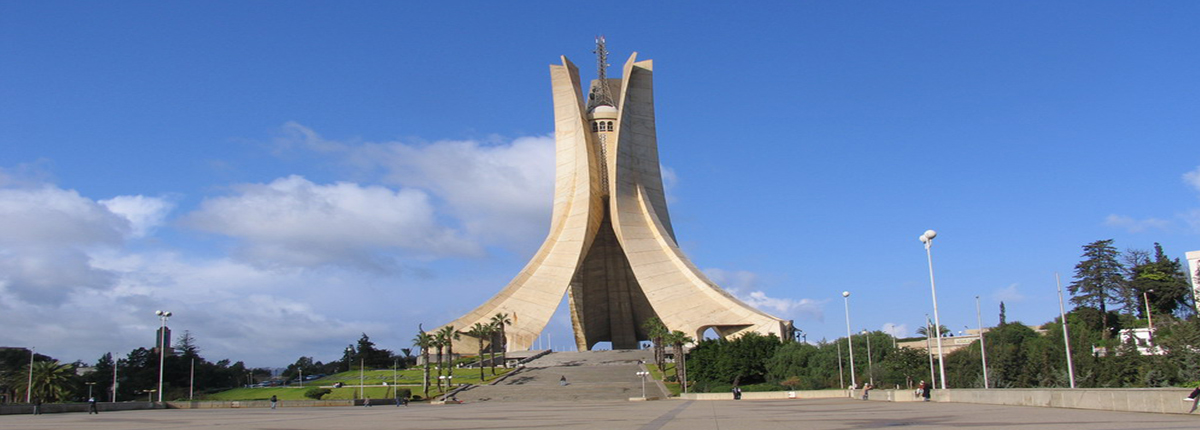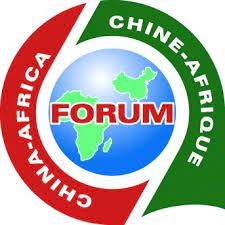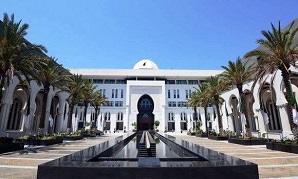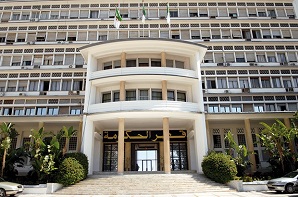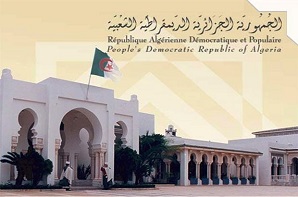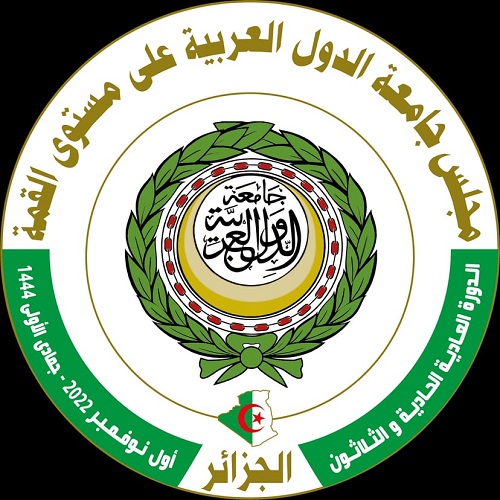NEWSmore
Water resources: 60 years of achievements to ensure water security
Water resources: 60 years of achievements to ensure water securityALGIERS- The sector of water resources has made, in 60 years of independence, big achievements that helped increase drinking water supply to reach 3,6 billion m3, ensuring a fair and balanced distribution of water and laying the foundations of the national strategy to achieve the water security, through the alternative resources, including the desalination of seawater.
The sector, which seeks to ensure water security in Algeria through the different programmes launched since the recovery of the national sovereignty, on 5 July 1962, has made several achievements, despite the challenges it faces, such as low rainfalls and rapid demographic growth, in addition to the country’s surface area.
Over these 60 years of independence, the sector of water resources has succeeded in extending the drinking water network to achieve, by the end of 2021, 143,000km, knowing that only the European settlers living in big cities had access to drinking water just on the eve of the independence, the Ministry of Water Resources and Water Security told APS.
The same services reported 116 surface water treatment stations by the end of 2021, with a capacity of 5,858,700 m3/day.
The volume of domestic drinking water supply reached 3,6 billion m3 in 2021, 50% of which comes from groundwater tables, 33% from surface water, and 17% from seawater desalination.
Dams are among the projects which required considerable budgets during these last sixty years.
The storage capacity of dams in Algeria increased from 908.8 million m3 (13 dams) in 1962 to more than 8,6 billion m3 today with more than 80 dams, only 75 of which are really exploited.
The sector has adopted a national strategy of connecting storage facilities, in the form of regional systems, like the “Mao system” and “Beni Haroun system.”
From 1962 to date, a total of 16 facilities and big transfers have been created to collect surface waters.
As regards groundwater, Algeria has currently 281,000 exploited wells with a capacity of more than 6.6 billion m3, according to the source, adding that 27,200 wells have been built and financed by the public Treasury.
The sector has also executed and exploited, to date, several seawater demineralization projects at the level of 34 stations, with a production capacity of 52.6 million m3/year, in order to strengthen the drinking water supply for 1,166,715 inhabitants.
Concerning agricultural irrigation, there are today 45 big irrigated areas, with an area of 279,000 hectares, surrounded by 45 huge dams, against 7 areas in 1962, with a surface area of 105,000 hectares, including only 44,000 hectares of real irrigated area, because of low rate of water resources stored in dams.
These lands are irrigated from the dam waters or after resing wastewater, knowing that 200 treatment stations are currently exploited with a capacity of 1.1 billion m3/year, including 20 stations destined for the irrigation of agricultural land, said the source.
The executed purification projects enabled reaching a connection rate of 91% in 2021 against only 20% in 1962.
Desalination of seawater, an alternative resource
Achieving water security is one of the commitments of the President of the Republic, Abdelmadjid Tebboune, who has given instructions to implement an effective strategy to permanently address the water supply issue and ensure water security in the country.
The inter-ministerial meeting on August 01, 2021 stressed the need to develop an action strategy for 2024 and 2030, which is based primarily on prioritizing the mobilization of sustainable water resources.
This strategy aims to ensure the supply of coastal regions and regions located 150 km from desalination plants, where a population density equivalent to 80% of the country's population is concentrated.
Through this strategy, the use of desalinated water will increase from 17% currently to 42% by 2024, with a production equivalent to 1.39 billion m3 / year under a system to supply 16 provinces with drinking water from 19 desalination plants and 4 desalination plants of seawater mono-blocks.
The desalinated water use rate will increase by 42% to reach 60% by 2030, with a production equivalent to 2 billion m3 per year under a system to supply 35 provinces with drinking water.
